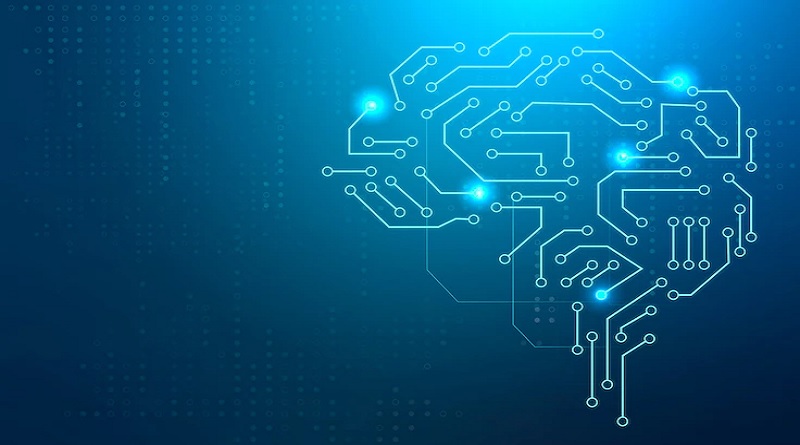Almost as soon as the Covid-19 virus began wreaking havoc on the world, another virus, a computer virus, began holding industries captive. In fact, anyone who monitors the media should be aware that identity theft is a constant threat. Hackers come up with new plans and strategies every day to steal personal information that they can sell to the highest bidder or use to take out loans and credit cards, putting victims in debt. Sadly, few industries are more vulnerable to these risks than healthcare.
Every time a person consults the doctor, they are disclosing personal information to their medical provider and other personnel, which is then stored on a computer for later use – and hackers are anxious to gain access to this wealth of personal information. For example, A clinician conducting a research study, may copy and paste medication administration from the Electronic Health Record system into a sharing tool. While such acts are helpful to the individuals who perform them, they also result in the transfer of sensitive data outside of secured systems, exposing the organisation to extra risks. As such medical data breaches are rising year after year, putting the topic of data security at the core.
Rising healthcare data breaches and cybersecurity
Cybercriminals target health care businesses, both large and small. IBM global research study in 2021 reports that data breaches cost firms an average of US$ 4.24 million per event. The last two years have been critical for healthcare data breaches. In one of the dreadful data breaches in 2020, over a million medical records and 121 million medical photos of Indian patients, including X-rays and scans, were released online affecting a large number of patients in India. As per the reports, the patient data, scans, and photos from India also included information such as the patients’ names, date of birth, national ID, medical institutions’ names, medical history, physicians’ names, and other classified information. These figures indicate that cybercriminals are targeting health providers at an increasing pace and the need to adopt advanced cybersecurity practices has become crucial ever than before.
Cybersecurity practices to augment healthcare
In the fight against cyberattacks, the healthcare sector is currently losing ground. Enhancements in backend support systems, where critical patient information is preserved, have lagged behind technological breakthroughs in patient care equipment, and processes. Implementing healthcare cybersecurity best practices will help in staying up with the changing threat landscape by addressing risks to privacy and data protection on endpoints and in the cloud, as well as protecting data everywhere. As per leading studies, Artificial Intelligence (AI) is one of the top mitigating variables proven to minimise the cost of a data breach in the healthcare industry. Indeed, with the rising developments across industries, the global market for AI in cybersecurity is predicted to increase at a CAGR of 23.6 per cent, attaining US$ 46.3 billion by 2027, demonstrating AI’s ability to unlock substantial medical discoveries.
Power of AI in cybersecurity
Healthcare organisations are increasingly turning to AI to accomplish cybersecurity activities. Across the medical field, AI is improving diagnostics, patient care, clinical decision support, and more. Today’s cybersecurity AI is capable of not only distinguishing between regular network activity and the work of a malicious hacker but also of launching a rapid response to halt the spread of that attack–critical in combating ransomware, which is currently a major issue in the healthcare industry.
Predictive analysis is one of AI’s most lauded capabilities. Advances in big data analytics and machine learning technologies allow predictive capabilities, such as the ability to monitor and gather real-time cyber traces from the healthcare system. Predictive capabilities, in addition to all of the usual prevention and detection methods, foresee threats and weaknesses and neutralise them before they are activated. Another incredible capacity of AI for cybersecurity is its ability to visualise threats and help security professionals to compare real-time data with past activity patterns which can ultimately automate threat detection. Several medical institutions have already had success using AI-based cybersecurity technologies.
Conclusion
If the healthcare industry wants to make a difference in cybersecurity, responsible healthcare organisations must address vulnerabilities in their digital infrastructure, much as responsible healthcare professionals attempt to discover and treat patients’ underlying chronic problems before they cause an appalling medical emergency. Organisations must increasingly leverage AI to combat sophisticated cyber threats and improve their resilience. Every company unit, especially leadership teams, must educate themselves on frequent cybersecurity gaffes and begin implementing safe cybersecurity practices right away. Stronger cybersecurity in healthcare will enhance the efficiency of healthcare organisations and create a collaborative health ecosystem by protecting people’s trust and integrity.






